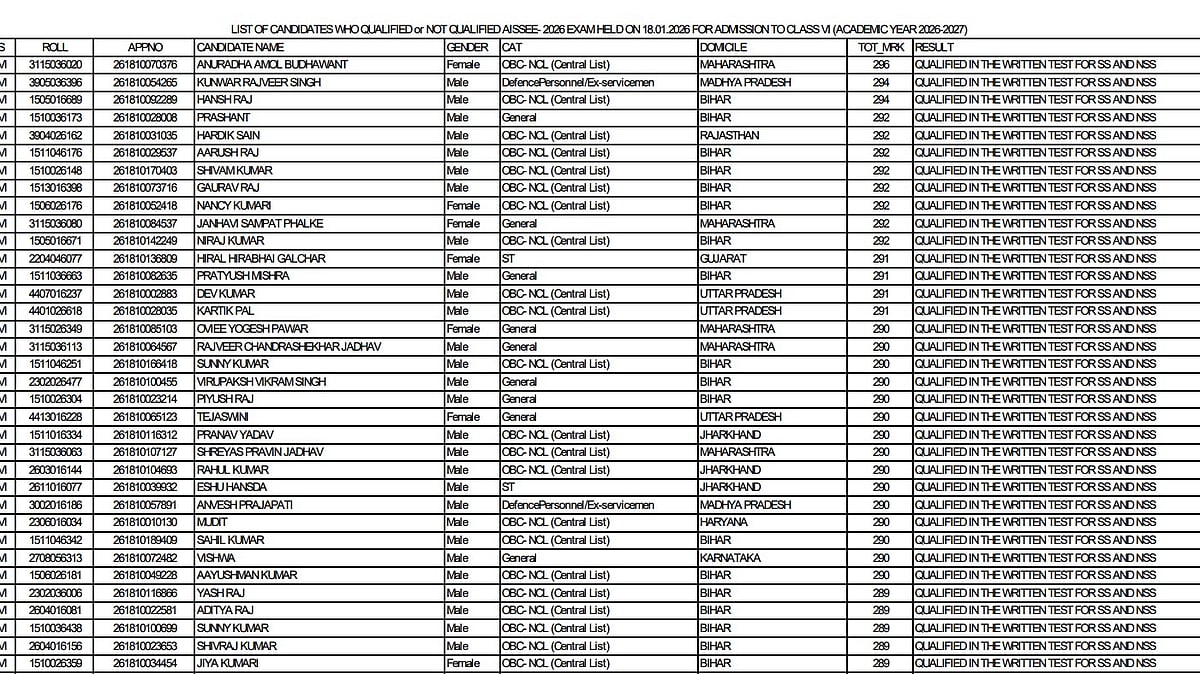World Asteroid Day (also known as International Asteroid Day) is an annual UN-sanctioned global awareness campaign event observed on June 30, which is the anniversary of the Siberian Tunguska event of 1908.
Why Asteroid Day?
International Asteroid Day aims to raise public awareness about the asteroid impact hazard and to inform the public about the crisis communication actions to be taken at the global level in case of a credible near-Earth object threat.
To provide knowledge to the general public about the importance of asteroids in history, and the role they play in our solar system today.
World Asteroid Day history:
In December 2016, the UN General Assembly adopted a resolution in order to "observe each year at the international level the anniversary of the Tunguska impact over Siberia, Russian Federation, on 30 June 1908, and to raise public awareness about the asteroid impact hazard.” Tunguska event is the most harmful known asteroid-related event on Earth in recent history.
An interesting variety of people co-founded the World Asteroid Day; among them are scientist Stephen Hawking, filmmaker Grigorij Richters, B612 Foundation President, Danica Remy, Apollo 9 astronaut Rusty Schweickart and Brian May, guitarist of rock band Queen and astrophysicist.
Significance:
The destructive effects that an asteroid's collision with the Earth can have are brought to light on World Asteroid Day or International Asteroid Day. The part asteroids played in the creation of our cosmos, potential uses for their resources, how asteroids pave the way for more research, and how we might shield the earth from asteroids' effects.
Theme:
The theme of Asteroid Day 2022 is “small is beautiful.”
(with sources inputs)




